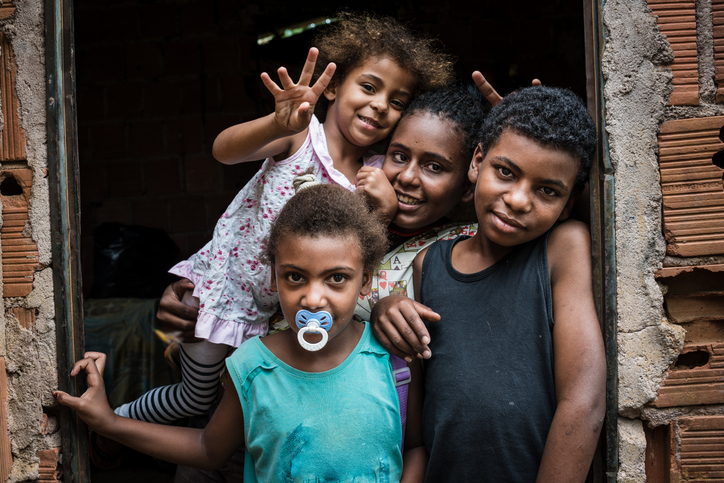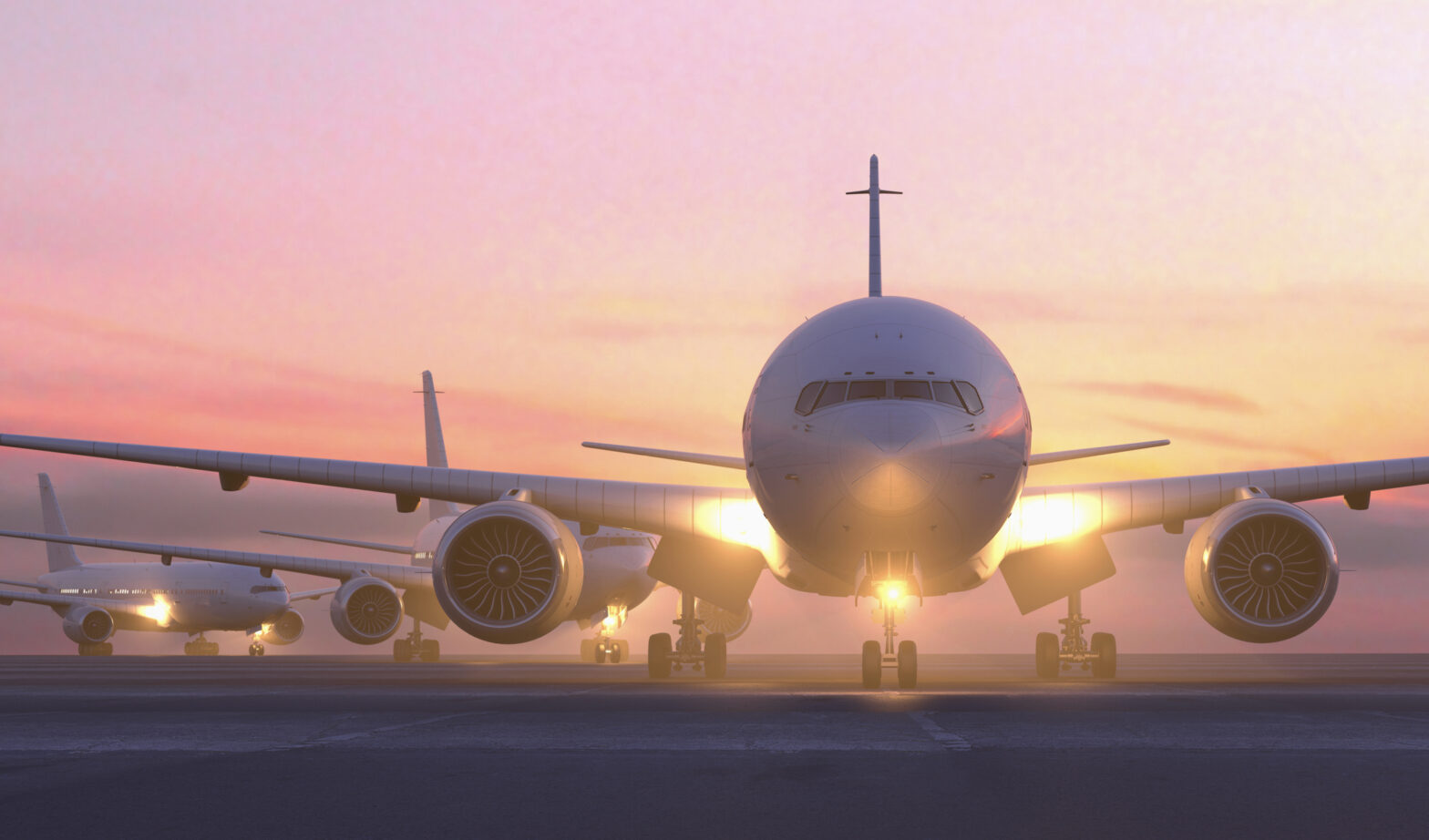Like many places outside the Western world, Brazil is often stereotyped and faces the run of misconceptions. While some things are facts, many are the fruit of misinformation— mainly promoted by the mainstream media.
A very famous Brazilian intellectual once said, “Brazil is not for beginners.” And, he was right. In Brazil, there are places which resemble Western countries as well as places that match the notion of an underdeveloped country.
We’ve made this list to help debunk some misconceptions and stereotypes about Brazil. For those who know this giant Latin American country, this list might be useless, but for those who don’t, it will help to learn about this complex nation.
1. Brazilian Women Are Easy For Sexual Encounters
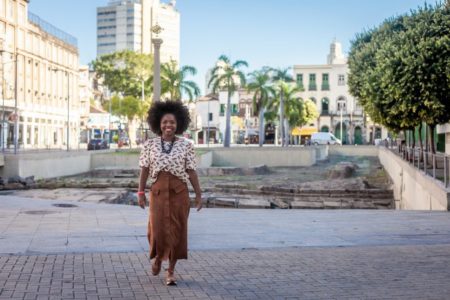
For many ‘gringos,’ Brazilian women are the most sexual women they will ever meet. They also tend to believe that the majority of Brazilian women are prostitutes.
This idea comes from the international media and travel agencies, who always portray Brazilian women wearing tiny bikinis and dancing half-naked during Carnival. However, it is far from the truth.
Most of them are not even voluptuous. They seek stable relationships. Despite facing gender discrimination, specially towards dark-skinned women, the majority of Brazilian women have regular occupations. And some Brazilian women are going even further, achieving leadership positions in the political arena such as Thais Ferreira.
2. They Speak Spanish There
Although most Latin American countries have Spanish as their official language, in Brazil the official idiom is Portuguese. This is because Brazil was colonized by Portugal from 1500 to 1822.
3. Brazil Is Only Sun, Beaches and Rainforest
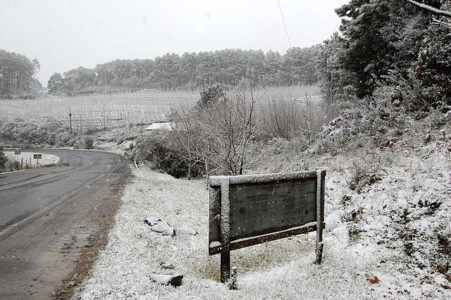
Did you know that it sometimes snows in Brazil? In the southern part of this giant tropical country, the temperature can easily reach 40ºF with massive snowstorms during the winter in cities such as São Joaquim, located in the state of Santa Catarina. Sometimes, it can get even colder.
4. It's Not Safe To Travel There
Brazil is known worldwide as a violent country. Indeed, there are parts of Brazil where international tourists should avoid, but that is not reflective of the country as a whole.
In some parts of Brazil, such as the northeastern and southern regions or places located in the country’s hinterland, tourists can enjoy the beautiful landscapes with safety. Even in major cities such as Rio, Salvador and São Paulo, it’s possible to enjoy what those cities can offer while staying in safer areas. Just bear in mind that you should approach them like you would any big city around the world.
Use common sense. The good news is, rates of violent crime are dropping in Brazil.
5. Brazil Only Has One Culture
Brazil has a continental size. It is the 5th largest country in the world, which means that every region has a different culture. African descendants, indigenous and Portuguese are predominant.
However, people from other parts of the world have also contributed to form the country. In São Paulo, for example, is the largest Japanese community in the world. Arabs, Italians, Germans, Russians are also seen in great numbers, mainly in the country’s southern region.
6. It Is Extremely Poor
Poverty in Brazil is a reality, mainly in the northeastern region, affecting Black, brown and indigenous people.
However, in some places, this reality is different. In São Paulo, Santa Catarina, Paraná and other cities in the state of Rio and Minas Gerais— life quality can be almost the same as what is found in Western societies. It is also possible to see wealthy Black families in those places, but in a very small number.
7. There's No Technology Innovation In Brazil
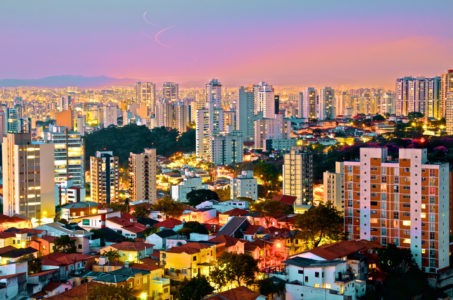
According to StartupBlink, Brazil ranked as the 20th country in the world and the 1st in Latin America with the largest number of startups.
The survey analyzed the quantity and quality of startups, supporting institutions and the innovation ecosystem, involving the business environment. São Paulo has the best evaluation, in 18th place.
The study’s authors point out that the capital of São Paulo has a strong startup ecosystem. Florianópolis and Belo Horizonte also present good numbers of technological and innovative companies and startups.
